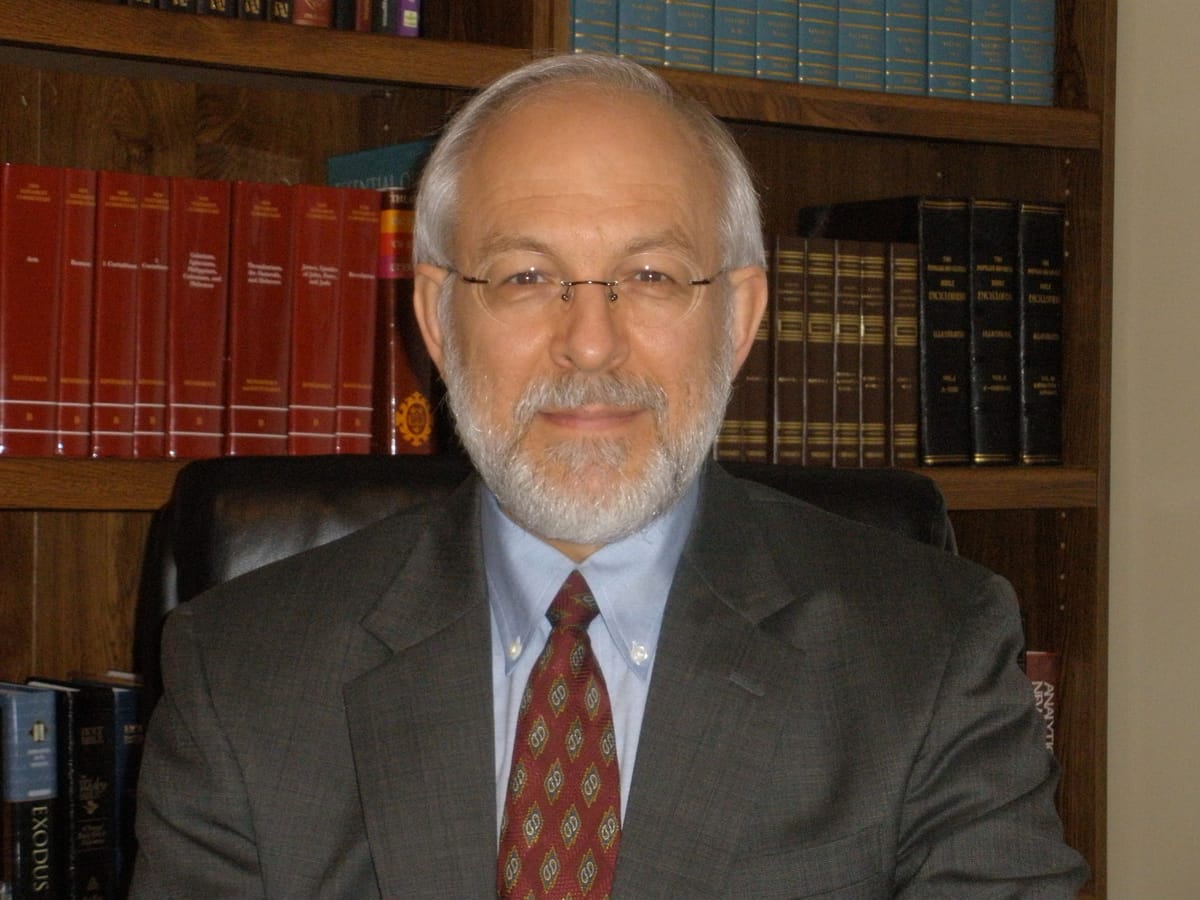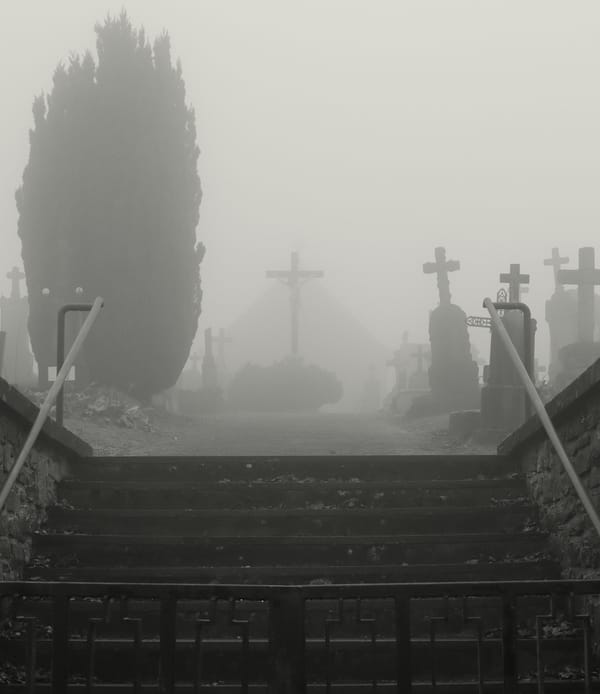By William J. Cameron (1878–1955)
Have you ever heard the story of Squanto, the Indian? It is a true story. His name was Tisquantum, they called him Squanto for short. Along the shore near Plymouth Rock where the Pilgrims landed, lived Squanto’s tribe.
Only it wasn’t called Plymouth Rock then, and there weren’t any Pilgrims yet, for Squanto was born about 20 years before the Mayflower came. If Old Plymouth Rock could speak it would tell how Squanto was kidnapped, and how the great plague came, and how a merchant in London showed kindness, and how all these things were mixed up in the Pilgrim story.
So here was Squanto in America on a shore no white man had ever settled; and there, far across the sea in England, were the people who later became the pilgrims.
It was now six years before the Pilgrims came, and Squanto had grown up into a tall young Indian brave. One day, as he and his friends roamed the Plymouth coast, an English ship came sailing in. The young Indians were greatly interested in the strange ship, and Captain Hunt easily coaxed them aboard; but once he had them there he made them prisoners, and sailed away to Spain, where Squanto and his friends were sold as slaves.
Somehow — no one knows how — Squanto escaped and went to England. And there, in the city of London, he met a merchant named John Slanie. Mr. Slanie was very kind to the poor kidnapped, homesick Indian, never dreaming that six years later his kindness to Squanto would be repaid a thousand times over by Squanto’s kindness to the poor, homesick, suffering Pilgrims. So much may depend on a single word or act!
Now, all this time Squanto’s family and tribe at Plymouth were grieving for him. They attacked every white man that came to their coast; many a sailor who never had thought of kidnapping an Indian was made to suffer for Captain Hunt’s wrong act.
And, then, just three years after Squanto was stolen, a great sickness fell upon his tribe, and soon not an Indian was left on that whole Plymouth shore. The few who escaped the plague were afraid to stay any longer in that place. They just left their buried stores of corn and moved away.
But Squanto, in London, knew nothing of this. He was hoping to see all his people again, for Mr. Slanie had promised to help him go back to America. And the very year before the Mayflower sailed, Squanto did come back. He had been away five years.
He searched the Plymouth shore for his people, but found only the empty forest. He trudged 40 miles farther to another tribe who told him all that had happened. He went to live with that tribe, but often he would walk the 40 miles to look again on the scenes of his childhood, where he had been kidnapped, and whence all his people had vanished.
And then, next year, the Pilgrims set sail from England. They started too late in the season, and soon the early winter storms were beating upon them, blowing their ship off the course — it blew them 500 miles north of the place they wanted to reach. It blew them right to the shore where Squanto’s tribe had lived. You might say that the Pilgrims made a forced landing — from the sea, not from the air.
They landed, and there was the dark forest stretching before them — strangely silent. The silence frightened them — they imagined the forest full of Red Men stealthily waiting to attack them. Any moment they expected to hear the woods ring with the war whoop of the Indian. But only silence brooded over the land. Little by little they gathered courage, ventured short distances into the forest. No Indians!
They found the buried heaps of corn; they kept account of what they took, that later they might pay the owners. Had the Indians that once lived there been alive, believing as they did that all white men were wicked kidnappers, they could have destroyed that little Pilgrim company in one swift hour.
But there was another enemy — bitter winter — which struck down the Pilgrims one by one until half the little band was gone. Food was gone, comfort and health were gone, all but hope was gone. It was a terrible winter.
Spring came. They hardly knew what to do. And just when things were at their worst, one day into the Pilgrim camp walked Squanto the Indian! Speaking English! Not hating them because an English captain had kidnapped him, but loving them because an English merchant had befriended him. Oh, that was a day the Pilgrim Fathers long remembered; they wrote it down in their records.
Squanto taught them how to plant, taught them how to rig up fish traps, how to fertilize their crops with fish; gathered food for them, saved them from starvation. He made them wise in the ways of the animals; he was their ambassador and taught them how to trade with the Indian tribes.
For two years he lived with them — their friend and counselor, and when he died the greatest of the Pilgrim Fathers paid him tribute. Squanto was a man of destiny in the planting of America, so was Mr. Slanie, but neither ever knew it.
And that is going on all the time. Always something is preparing long in advance to be ready in our country’s hour of need. Something even now is preparing for the future, and you are part of it. We always think of that when we think of Squanto the Indian. ~END~
The author of this article, William Cameron, was a contributor to Destiny magazine for many years in the early to mid-1900s. From the decades of bound volumes of Destiny in our library, we are pleased to republish some of the gems we find therein.
Wishing you a very happy and blessed Thanksgiving!
For Stone Kingdom Ministries, I am
Dr. James W. Bruggeman




